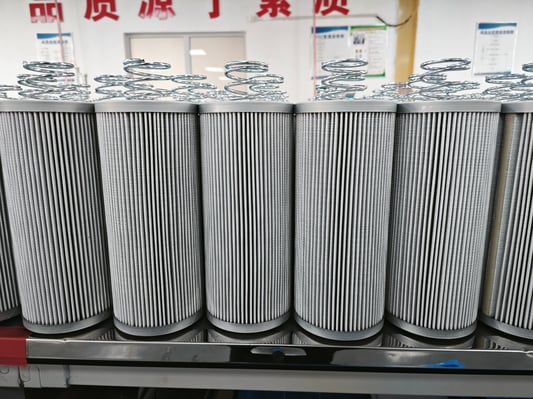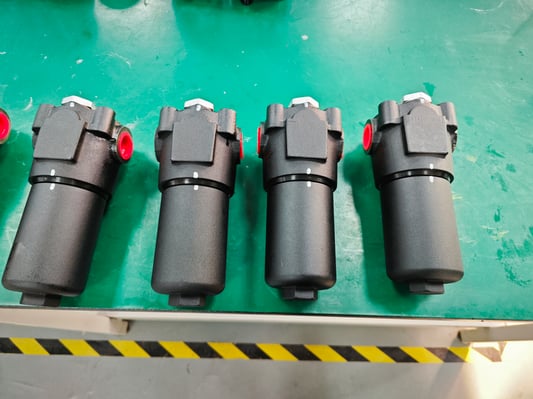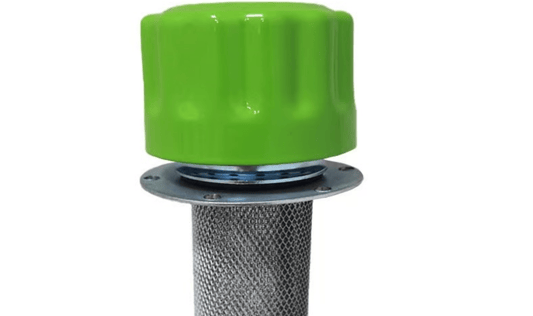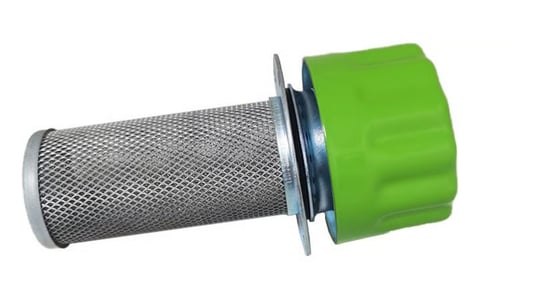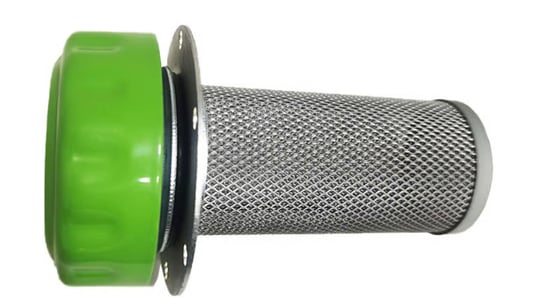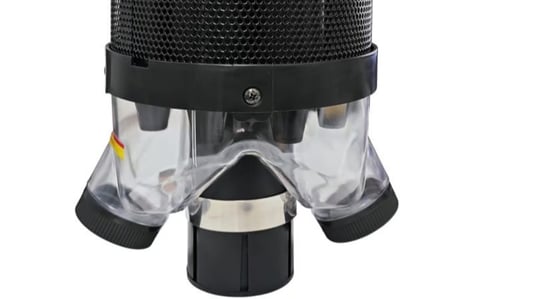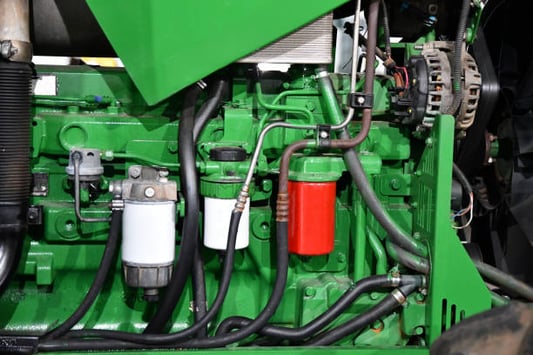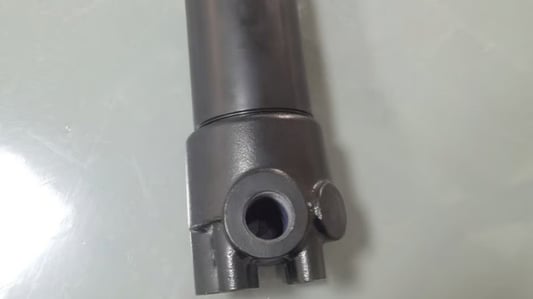Using hydraulic oil filter cartridges beyond their expiration date can pose several hazards, including:Reduced Filtration Efficiency: Over time, the filter media can degrade, leading to a decrease in its ability to capture contaminants effectively. This can result in higher levels of particulate matter and other contaminants in the hydraulic fluid, which can damage hydraulic components and reduce system performance.Increased Pressure Drop: As filters age, they can become clogged with contaminants, increasing the pressure drop across the filter. This can lead to reduced flow rates and increased wear on pumps and other hydraulic components due to higher operating pressures.Fluid Degradation: Expired or degraded filter cartridges may release contaminants into the hydraulic fluid, such as fibers from the filter media or chemicals used in its manufacture. These contaminants can cause further degradation of the hydraulic fluid and potentially lead to corrosion or other forms of damage within the system.System Failure: The buildup of contaminants and reduced filtration efficiency can lead to premature failure of hydraulic components, such as valves, pumps, and actuators. This can result in costly downtime and repairs.Safety Risks: In critical applications, such as those found in heavy machinery, industrial equipment, or vehicles, compromised hydraulic systems can pose significant safety risks. Failure of hydraulic components due to poor filtration can lead to accidents or malfunctions that could harm operators or bystanders.Warranty Issues: Using expired filter cartridges may void warranties on hydraulic components or the entire system. Manufacturers often specify regular maintenance and replacement of filters as part of warranty terms.Environmental Concerns: Improper filtration can lead to higher emissions of contaminants, both through leaks and during routine maintenance when fluid is drained and disposed of. This can have environmental impacts and increase disposal costs.To mitigate these hazards, it is crucial to adhere to recommended maintenance schedules and replace hydraulic oil filter cartridges before their expiration date. Proper maintenance not only ensures the longevity and reliability of the hydraulic system but also enhances safety and operational efficiency.Quote Inquiry Contact us!


